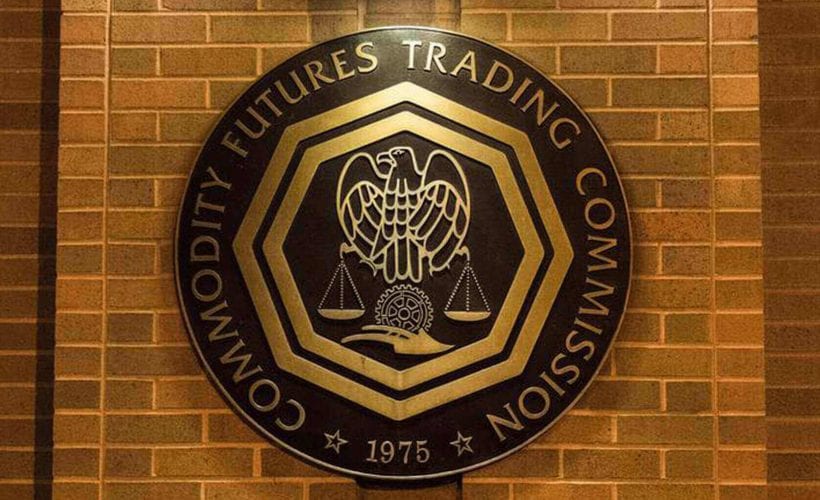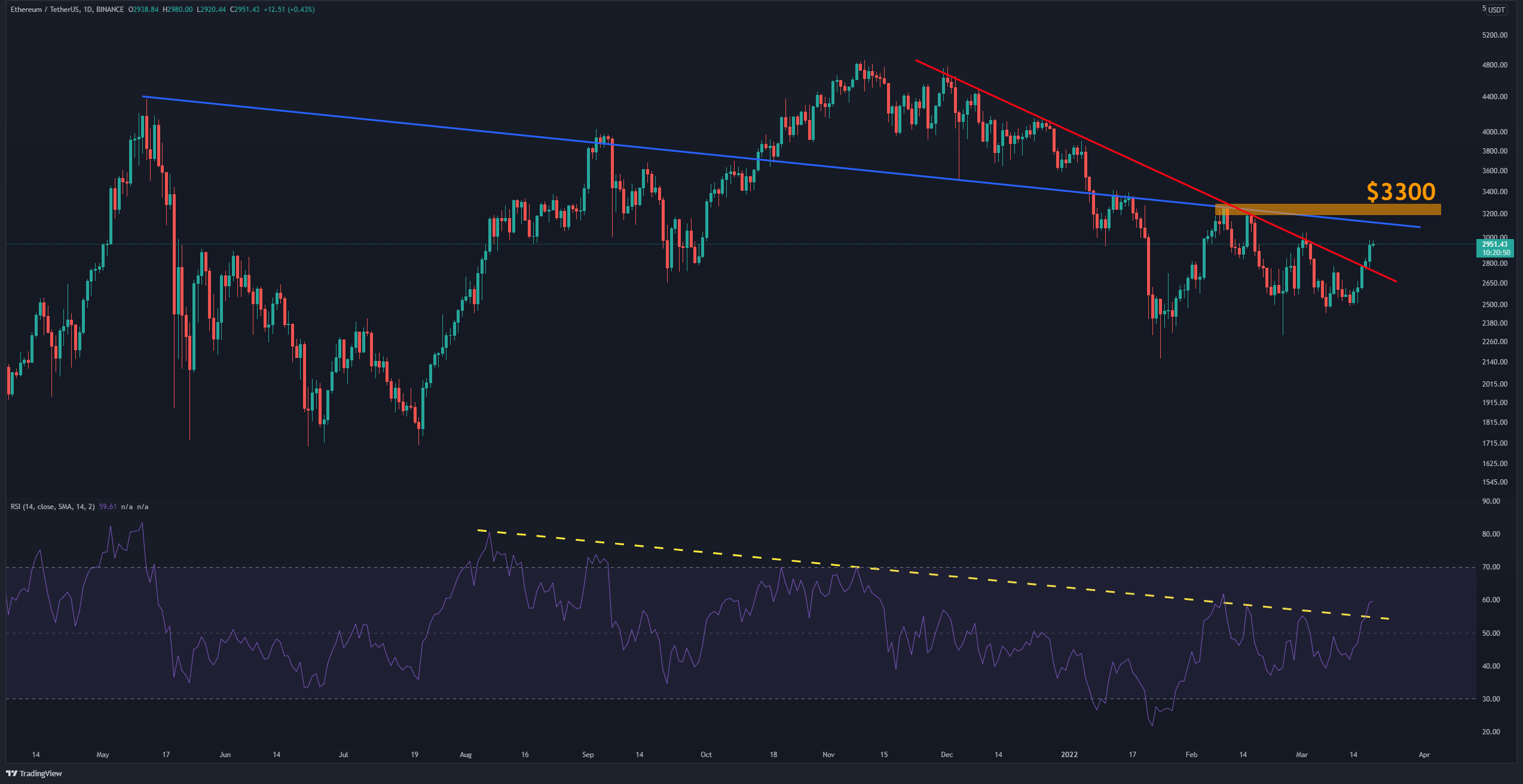The Crypto Industry is Not Decentralized: SEC Chairman
Gary Gensler – chairman of the Securities and Exchange Commission (SEC) – said on Monday that crypto markets are, ironically, not decentralized.
The chairman argued that there is significant market dominance among a few “intermediaries” in the industry, which is stifling competition.
Centralization in Financial Markets
According to the chairman’s prepared remarks at the Securities Industry and Financial Markets Association’s annual meeting, central intermediaries in financial markets tend to benefit from “scale, network effects, and access to valuable data.”
“Though technological innovations repeatedly disrupt incumbent business models, centralization still tends to re-emerge,” he continued.
As the chairman noted, merely four asset managers in the U.S. now control over 80% of total assets held in U.S.registered investment company index funds. Equity market makers responsible for handling retail market orders are also trending towards centralization, due to executions largely taking place off-exchange.
Gensler argued that centralizing tendencies are even extending to the crypto market, “which was founded on the idea of decentralization.”
“This field actually has significant concentration among intermediaries in the middle of the market,” he said. Thus, we must remain vigilant to areas where concentration and potential economic rents have built up or may do so in the future.”
The largest crypto industry players at present are crypto exchanges – firms that facilitate liquid digital asset trading. During an industry-wide meltdown following a crypto market collapse throughout May and June, bankrupt firms turned to world-leading exchanges like FTX and Binance for bailouts and support.
“As it relates to the intermediaries, the so-called crypto exchanges or lending platforms and the like, they’re highly centralized,” said the SEC chair.
Dominant exchanges like Binance continue to branch out into every sector of the crypto industry – from cloud mining to stablecoins, to its own leading blockchain.
In August, the European Central Bank issued a discussion paper that touched on how dominant tech platforms issuing cryptocurrency could develop centralizing “network externalities” in the money market. It suggested using CBDCs to combat such cryptos from challenging the monetary supremacy of a local region’s domestic currency.
All Crypto Exchanges Violate the Law: Gensler
In a question and answer period after his remarks, the SEC chairman suggested that most, if not all crypto exchanges are listing unregistered securities, thus violating the law.
The chairman has repeatedly stated his belief that nearly all crypto assets besides Bitcoin are likely to be securities. Meanwhile, major exchanges typically list hundreds of tokens.
“It’s sort of beyond probabilities that there are some securities tokens on them,” he said.
The post The Crypto Industry is Not Decentralized: SEC Chairman appeared first on CryptoPotato.









